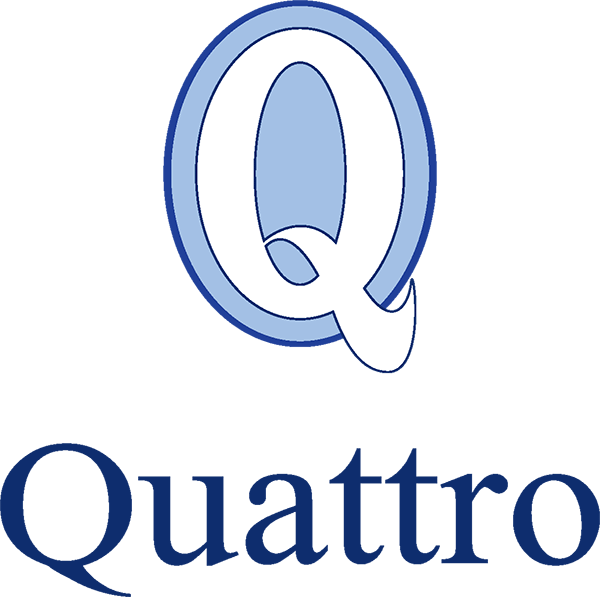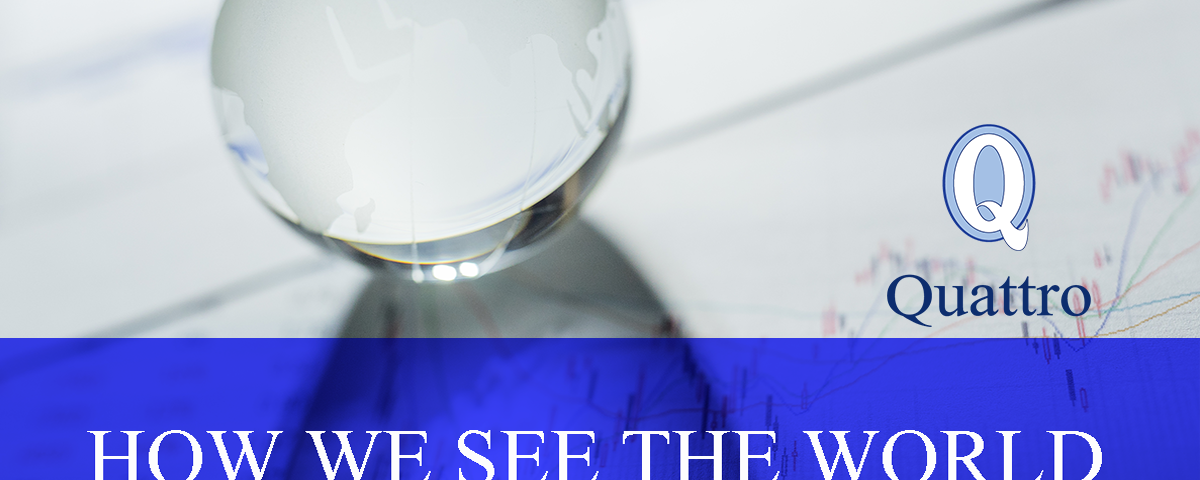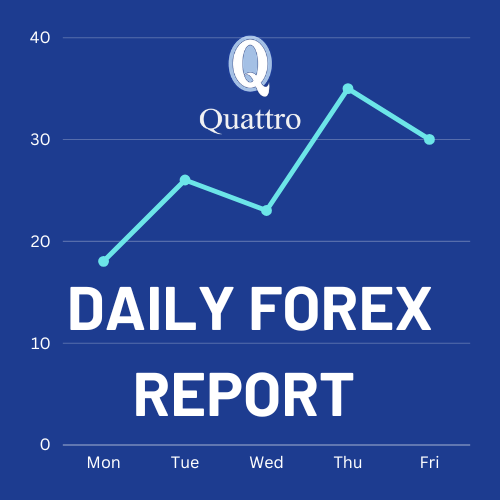
SHEDDING LOADSHEDDING……FOR GOOD
August 21, 2023
HOW WE SEE THE WORLD – SEPTEMBER 2023
October 12, 2023You’ve got to go slow to go fast – Peter Senge. Let’s take a leaf out of Peter’s book and start slowly by unpacking why the globe is in an inflationary environment because it is the dominant theme of any global market report you will read:
The COVID-19 pandemic gave rise to unprecedented global economic conditions. To mitigate the economic fallout governments around the world engaged in large fiscal support programs that essentially put more money in the pocket of the consumer, in one form or another. Simultaneously, health-related social distancing and business closures combined to deliver a steep decline in consumer spending through 2020 and into 2021. The net effect was that overall excess savings rose rapidly.
In the euro area, excess savings were accumulated mostly in illiquid assets like housing, equities, bonds, and a healthy portion was used to settle debt. They shifted where the savings were reflected on their personal balance sheets. In contrast, excess savings in the U.S were largely accumulated in the form of liquid assets. This has influenced why the US’s path differs slightly from other countries. In the land of the free and the home of the brave, excess savings increased more rapidly but also decreased faster. As a result, its excess savings stock is currently almost depleted, which contrasts with other advanced economies. Given the rapid spending of excess savings we can better appreciate why demand in the US has been more resilient than in other nations over the past year.
But let’s not get ahead of ourselves. Although there was more money around in the global economy, initially there was nowhere to spend it, other than home improvements. So, we built a healthy excess savings pool. When economies opened up, we were still dealing with the aftermath of pandemic conditions and the production of goods did not adjust fast enough to meet the sharp increase in demand. This imbalance between supply and demand across countries strongly contributed to the upsurge in inflation.
This has had a few unexpected ripple effects. Despite some significant income shocks, the accumulation of excess savings has enabled many households, particularly in the U.S, to continue exaggerated levels of spending unhindered, making economies more resilient to these shocks than they would usually have been. Amid constrained supply we have been surprised by stubborn and persistent spending. At least now we understand why.
To sum up, when we have more, we spend more. When we ramp up demand with supply struggling to match the demand intensity, economics 101 dictates that prices will go up causing an inflationary environment. In order to lower prices and curtail inflation central banks make the cost of borrowing money more expensive by hiking interest rates. When the cost of capital is expensive, people borrow less, therefore they spend less, and prices ultimately fall. These monetary policy measures are starting to have the desired effect and inflation is heading south, toward healthier levels.GLOBAL MACRO PERFORMANCE IN AUGUST

Global equities had a poor month in dollar terms, as China’s deflationary challenges and Europe’s increase in natural gas prices dampened optimism regarding the global economy. Furthermore, Fitch downgraded the US credit rating, driving US real bonds to their highest level since 2009. The MSCI World Index lost more than 10% in August before recovering in the last week of the month. The rally was full of irony as it was sparked by bad news in the US as unemployment figures increased and GDP growth for Q2 was revised downwards. Although this is bad news in the short term, it seemed to inspire the markets by cementing the idea that the Fed will hold rates in September, and not hike further.
EUROZONE
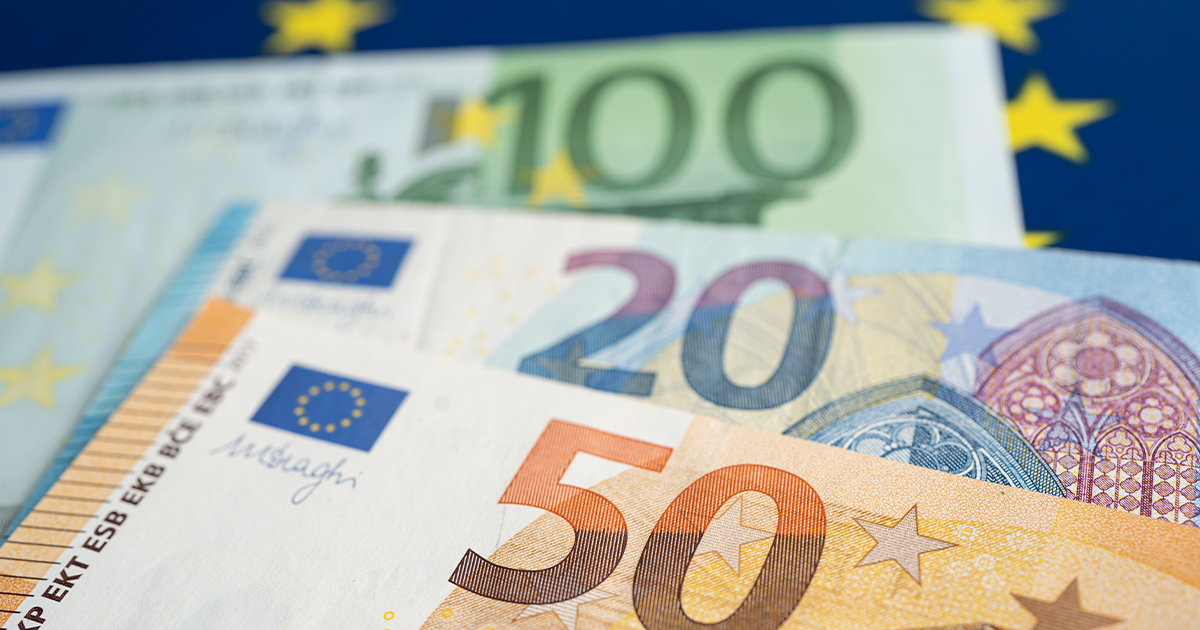
Eurozone shares fell in August. Inflation remains high despite the decline in core inflation. This has made investors less certain that the ECB will raise interest rates further when they meet on 14th September. The question now is whether the tightening of monetary policy that has already taken place will be sufficient to bring inflation down adequately. There are some suggestions that core inflation dropped because of lazy economic activity. Is the eurozone headed toward a recession? We can’t call that, but some indicators are pointing in that direction. In addition to weakening of credit markets, the latest purchasing managers’ indices (PMIs) also suggest the possibility that economic activity will shrink in the third quarter.
USA
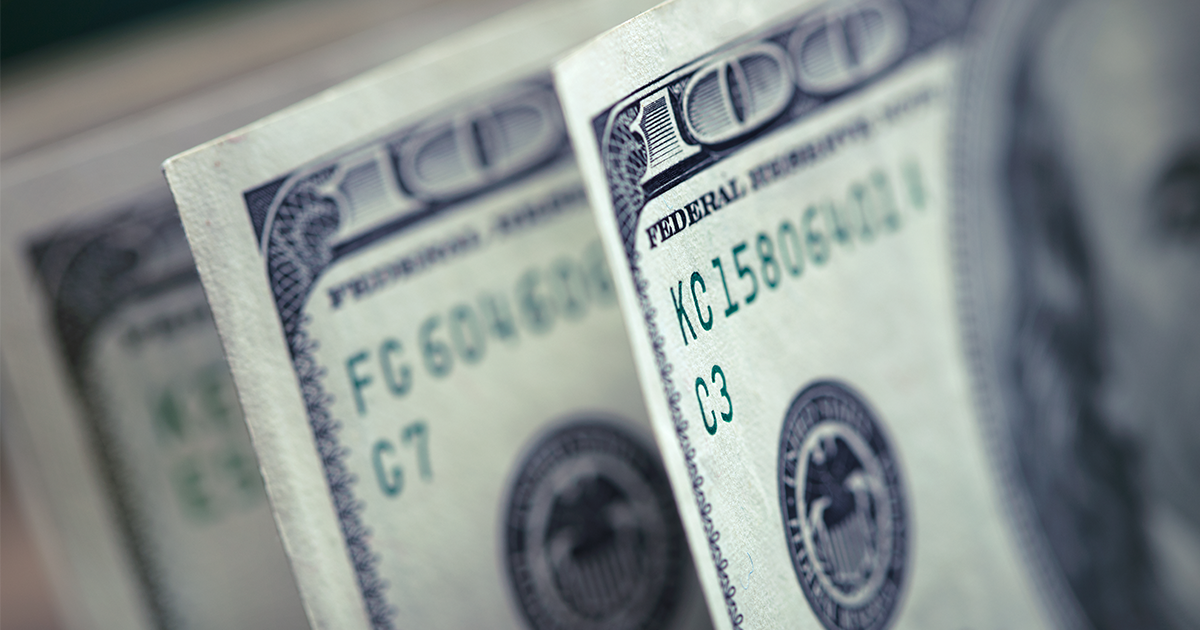
We are more frequently being asked whether the US dollar will retain its dominant role in the global economy. There is more than one factor igniting these questions but of certain interest is the talk of the BRICS nations creating a common currency for trade and investment between each other, as a means of reducing their vulnerability to dollar exchange rate fluctuations. Luiz Inacio Lula da Silva made the proposal at a BRICS summit in Johannesburg. Russia's sanctions-imposed exile from global financial systems last year also fuelled speculation that non-western allies would shift away from the dollar.
Officials and economists have pointed out the difficulties involved in such a project, given the economic, political and geographic disparities between Brazil, Russia, India, China and South Africa. Brazil's president doesn't believe nations that don't use the dollar should be forced to trade in the currency. China has not commented on the proposed currency, but President Xi Jinping spoke at the summit of promoting "the reform of the international financial and monetary system".
Building a BRICS currency would be a "political project", South African central bank governor Lesetja Kganyago told a radio station in July.
So, is the dollar under threat? The greenback still dominates global trade. It is the choice of currency of almost 90% of global forex transactions, according to Bank of International Settlements Data.
Despite some genuine concerns about the dollar, it is likely to remain the dominant currency for the foreseeable future. The volume of US sovereign debt as a share of GDP is not unprecedented. Secondly, despite China’s hopes, it is not likely that the people’s currency, renminbi, will take the place of the dollar any time soon. China has capital controls, which means that holders of renminbi are not assured the flexibility that comes from holding dollars. More practically, it cannot be as easily used as the dollar for making global purchases. Notwithstanding some reservations the dollar still holds significant global trust.
How did the US perform in August?
US equities declined in August, but economic data remained robust. Several of the household-name tech giants experienced a pullback and weighed on the index overall. As stated earlier in the report, the U.S unemployment rate grew in August despite 187,000 new jobs being created according to the establishment survey. The U.S job market might be cooling, but for now there is no cause for alarm.
SOUTH AFRICA

South African equity markets faltered, reporting their worst month in 2023 with a 4,8% regression on the JSE All Share Index. The primary detractor was the 8,4% backward slide by the resources index which came under severe pressure as China is unable to gain impetus in increasing production. Additionally, the rand lost most of the ground recovered in July on the back of Fed-induced dollar strength.
There are many factors causing negative consumer sentiment, including a decline in real household income and daily load-shedding. South Africa’s current-account shortfall widened in the second quarter of 2023, in line with analysts’ expectations, as terms of trade deteriorated and the deficit on its services, income and current transfer account increased. The deficit on the current account, the broadest measure of trade in goods and services, widened to an annualised 2.3% of GDP, or R160.7 billion, from a revised 0.9% of GDP in the prior quarter. South Africa has now posted a current account shortfall for a fifth straight quarter.
However, South Africa is not without positive factors: Employment is growing; the planned investment in solar power by industry and government is brightening the outlook for economic growth in 2024 and could shed loadshedding for good; Interest rates have likely peaked and it is anticipated that the next move from the central bank will be to lower lending rates during 2024; environmentally-aware consumers are willing to pay above the average price for goods that have a positive environmental impact.
EMERGING MARKETS

China has been EM's main problem. Chinese stocks make up roughly a third of the MSCI's index's weighting and are down nearly 9% this month due to a spluttering economy and concerns over renewed weakness in the Chinese real estate sector. The 2023 BRICS summit was hosted in Johannesburg and added 6 new members to the contingent.
August wasn’t easy. The world was complicated. Life was hard, and so often, living hurt. So make it worth the pain.
